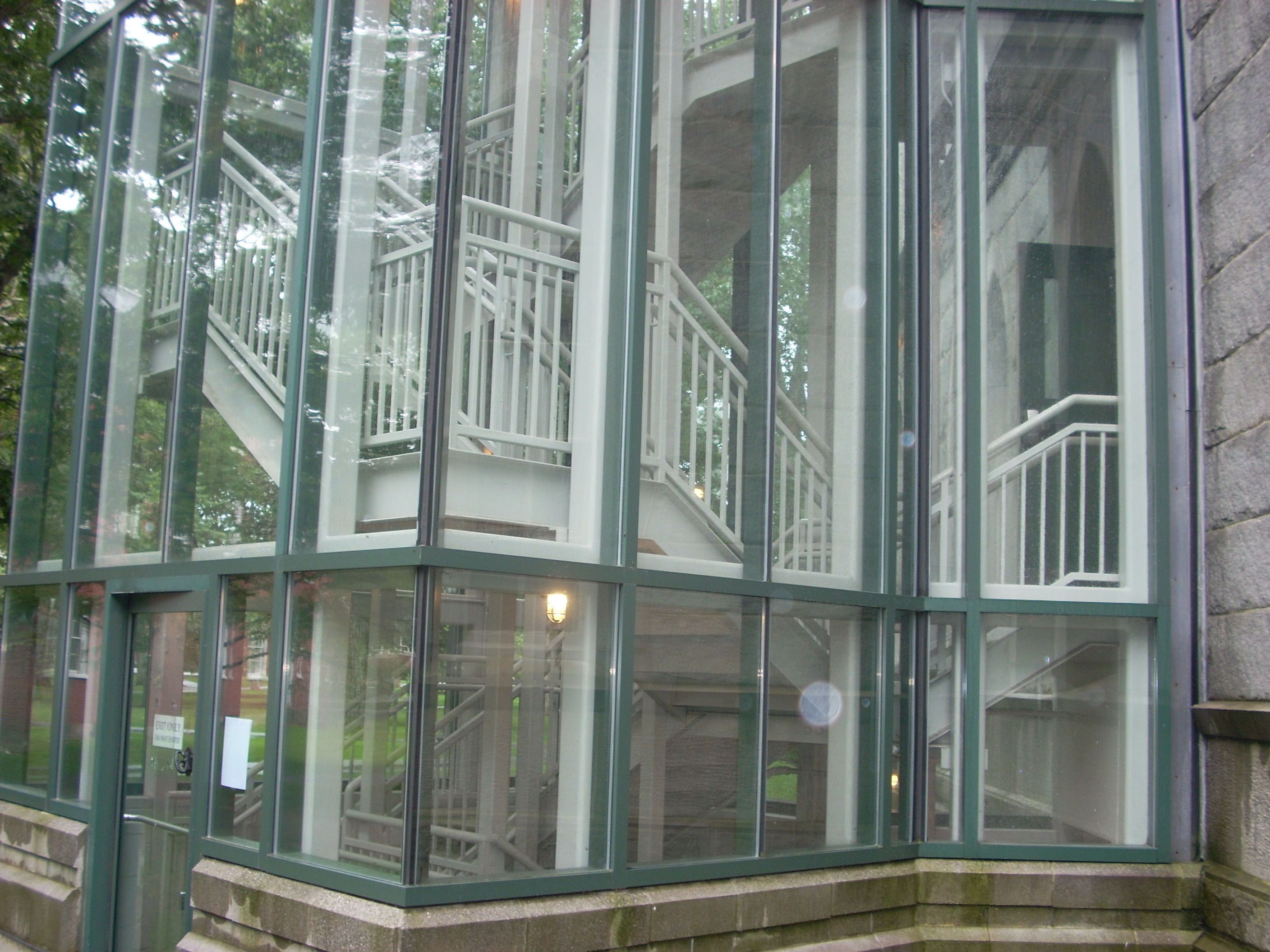
We may be living in a lifestyle enclave or in a world that is protected (because of our wealth, our power, or the presence of a doting parent or spouse). We see this factor operating in the lives of celebrities (sports, film, television) who never receive corrective feedback regarding their aberrant behavior. They grow increasingly isolated from the world and fail to learn from their own life experiences. Strange and self-destructive behaviors that are strongly linked to unconscious Quad Four dynamics often emerge.
The second isolating factor, and last of the seven blocking factors, is defensiveness: “I block out all feedback and remain blind because I don’t want to see.” This neurotic stance is highlighted by the British School and is based on our disengagement from parts of ourselves (the disowned self) that, in turn, lead to an internal cognitive dissonance that must somehow be resolved—often through distortion in the trust we assign to our relationships with other people. We project onto other people the lack of trust we have in them and ultimately in ourselves. We don’t trust their competence. We don’t respect the other person’s sensitivity, perceptions, or self-awareness—so don’t want to receive their feedback.
This is often just a projection of our own unacknowledged needs and insecurities. We are, in fact, worried that they might be insightful and know something about us that we don’t know ourselves. It might be our wisdom-of-the-defenses that is taking care of us and ensuring that we don’t hear what we are not yet ready to hear. Unfortunately, we fail to recognize that it is our defenses that are operating, not the incompetence of the other person.
There is also a mistrust of the other person’s intentions. We don’t believe that the other person is really interested in our welfare. They may be actively trying to hurt us. Perhaps we have hurt them. They are angry at us. They have an alternative agenda or hidden agenda—their third quadrant is closed. We look for these alternative agendas in large part because we don’t believe that we are truly worthy of any attention. We therefore believe that feedback is being given not for our good, but for the good of the person giving the feedback. We are suspicious of everyone and therefore learn nothing from anyone—thus creating a vicious cycle of incompetence (on our part), isolation and further diminution of skills.







